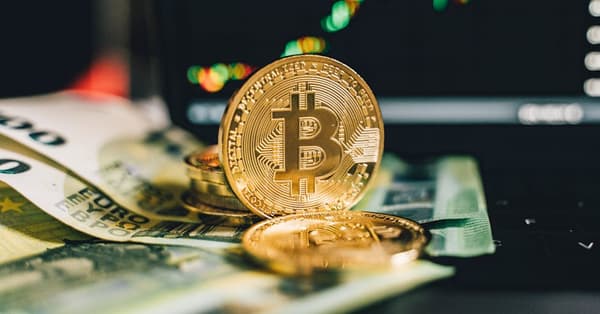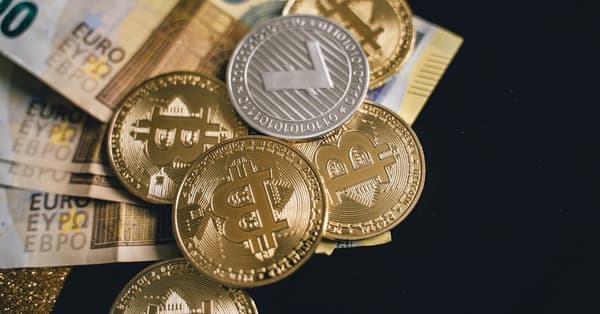Navigating Legal Issues in PancakeSwap Forking
Curious about the legal side of forking PancakeSwap contracts? Let’s dive into the challenges DEXs face in this evolving crypto landscape.
As of October 2023, decentralized exchanges (DEXs) are making waves in the crypto world, accounting for a staggering 67% of trading volume. Platforms like PancakeSwap are at the forefront of this evolution. However, as these platforms grow, so do the legal challenges surrounding their forking practices. This has raised eyebrows and sparked discussions about compliance in the DeFi space.
In this article, we'll dive into the intricate legal landscape surrounding forking PancakeSwap contracts on the Binance Smart Chain (BSC). For developers and investors alike, grasping the legal implications of creating derivatives from successful DeFi projects is more important than ever, especially as regulatory scrutiny increases.
Get ready to explore legal frameworks, practical strategies for forking, and expert predictions on future trends and potential pitfalls that come with these endeavors.

Forking is the process of creating a new version of an existing blockchain or project. It typically falls into two categories:
In the DeFi ecosystem, forking empowers developers to innovate quickly and craft alternatives, all while embracing the spirit of open-source collaboration.

PancakeSwap is the top DEX on BSC, handling over $2 billion in daily transactions and boasting a community of more than 1.5 million users. It provides a platform for users to swap tokens, supply liquidity, and earn rewards through yield farming.
So why would developers want to fork PancakeSwap? Here are a couple of compelling reasons:

Successful forks like BakerySwap illustrate that innovative approaches can drive substantial growth in user engagement and transaction volume.
When it comes to forking, understanding intellectual property rights is essential. Open-source software, such as PancakeSwap, operates under certain licenses that define the boundaries for usage and modification. Developers must be mindful of these guidelines to steer clear of copyright infringements.

The legal frameworks governing forking can vary significantly from one jurisdiction to another, influencing how such forks are perceived legally. In places like the U.S., for instance, forks could attract regulatory scrutiny as potential securities, which means compliance with KYC (Know Your Customer) and other regulations becomes crucial.
Tags:
Ready to Make Profitable Crypto Calls?
Check out our proven track record on the leaderboard
View Leaderboard →Related Posts
Unlocking DeFi Farming on BSC: Strategies for Success
Explore the booming DeFi farming landscape on Binance Smart Chain. Discover strategies to maximize yields while managing risks like impermanent loss.
Why BSC's 20% Surge Signals the Future of Cross-Chain Trading
Discover how BSC's recent growth is reshaping the DeFi landscape and what it means for cross-chain trading opportunities. Dive in and get ahead of the game!
Why Meme Coins Are Booming on BSC in 2023
The meme coin market is thriving! Discover the reasons behind BSC's popularity and which coins are capturing traders' attention this Q3.
Unlocking Binance Smart Chain: A Beginner's Guide for 2025
Ready to dive into Binance Smart Chain? This guide covers everything you need to know about its booming ecosystem and how to navigate it in 2025.
Understanding the Rise of Meme Coins in 2023
Dive into the latest trends in meme coins like BONK and PEPE, and explore how macroeconomic factors impact your crypto trading strategies.
Unlocking Arbitrage: BSC Flashloan Strategies Revealed
Discover how to leverage BSC flashloans for lucrative arbitrage opportunities in today's booming crypto market. Ready to enhance your trading game?